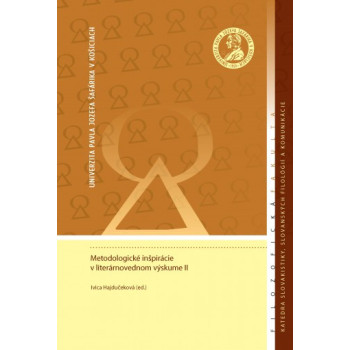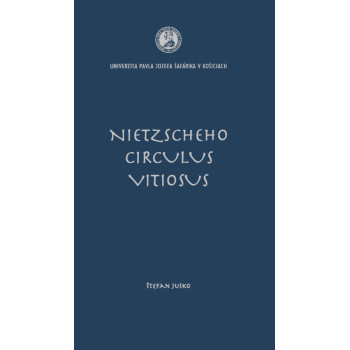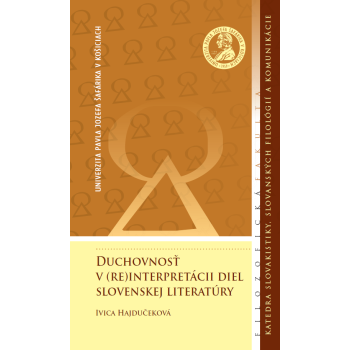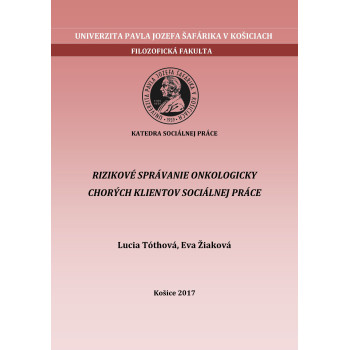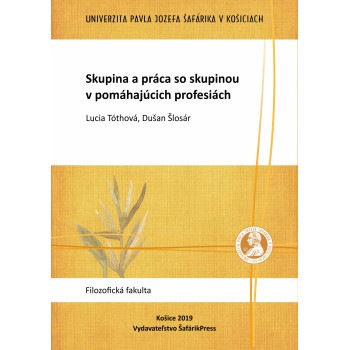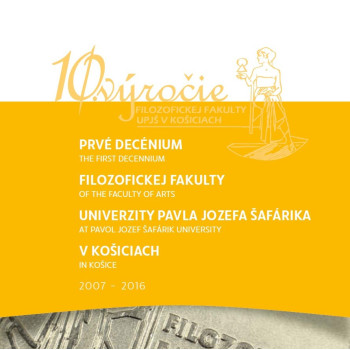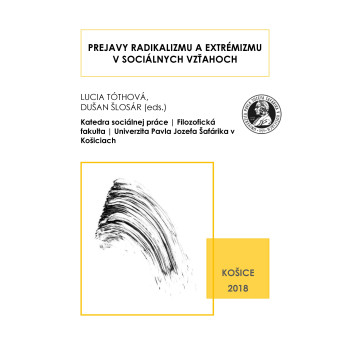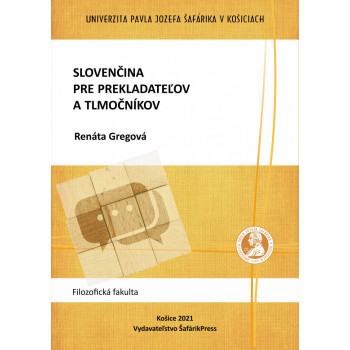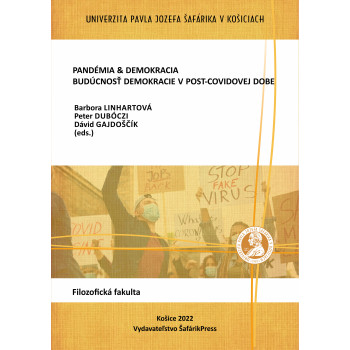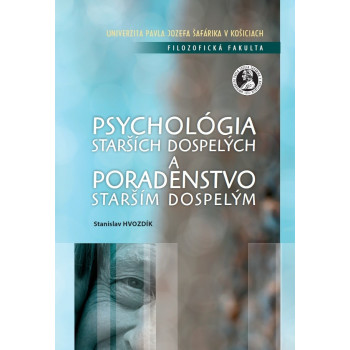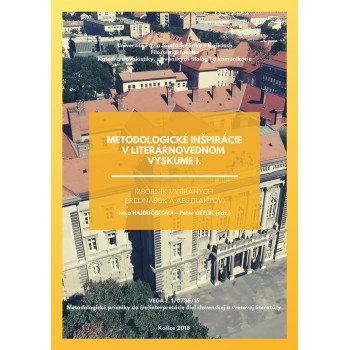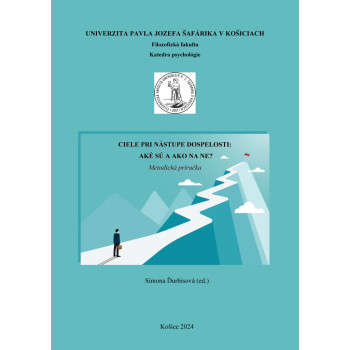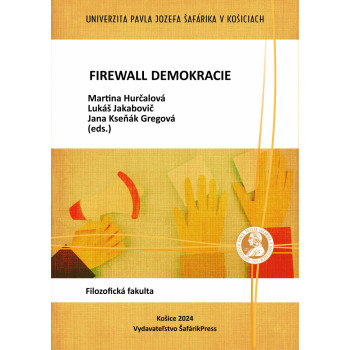
Patočka a novoveká filozofia
Vladimír Leško - Věra Schifferová - Róbert Stojka - Pavol Tholt a kol.
Filozofické dedičstvo Jana Patočku ponúka vo svojom celku významné reflektovanie novovekého filozofického myslenia. V našich doterajších domácich historicko-filozofických skúmaniach sa však doposiaľ tejto skutočnosti venovala len veľmi malá pozornosť. Z uvedeného dôvodu je preto prirodzené, že sa chceme po prvýkrát pokúsiť o celostnejšie zachytenie Patočkovho chápania novovekej filozofie. Kolektívna monografia Patočka a grécka filozofia, ktorú sme spracovali ako prvý výstup riešenia projektu APVV, dostáva tak svoje pokračovanie v druhej monografii Patočka a novoveká filozofia. Zavŕšenie nášho úsilia bude potom predstavovať kolektívna monografia Patočka a filozofia 20. storočia.
V predkladanej práci nám ide o predstavenie rozhodujúceho odkazu novovekej filozofie v Patočkovom filozofickom diele. Význam jeho filozofickej výpovede k tomuto dejinno-filozofickému útvaru je prekvapujúco stále živým, aktuálnym filozofickým dedičstvom, bez pochopenia ktorého sa dá len veľmi ťažko komplexne uchopiť hodnota Patočkovho filozofického odkazu. Tomuto poznaniu sme podriadili ako výber, tak aj obsahové naplnenie jednotlivých kapitol našej novej práce.




